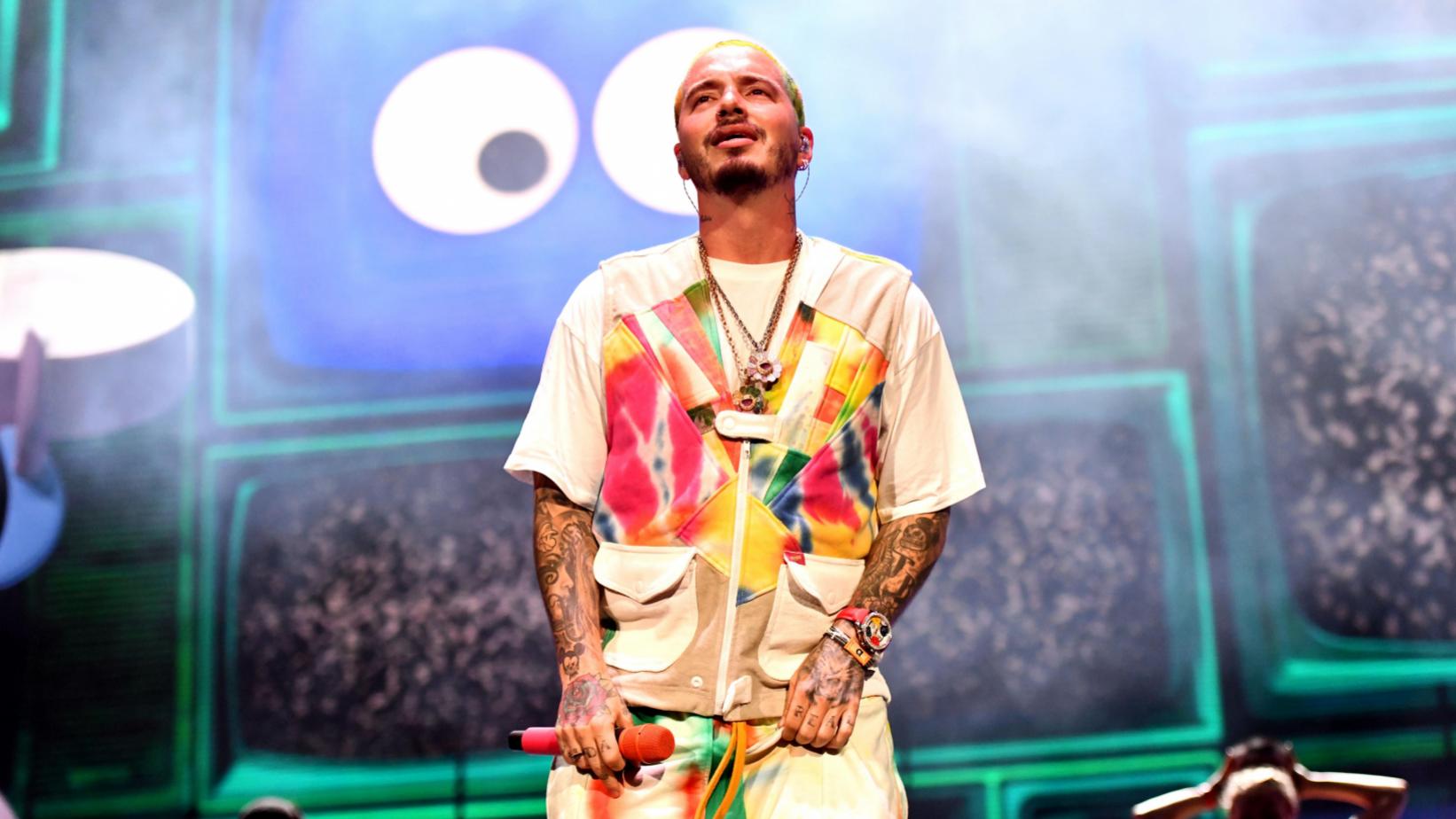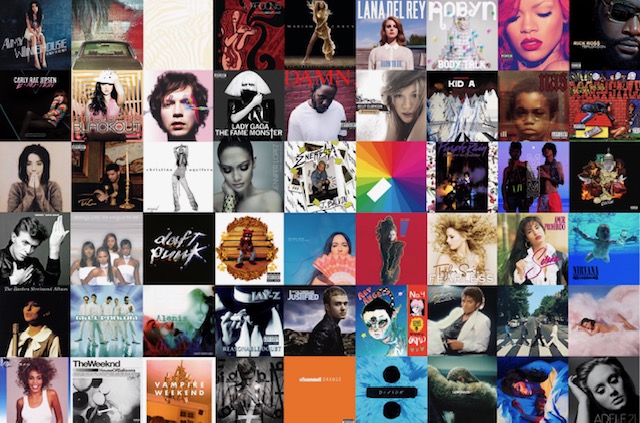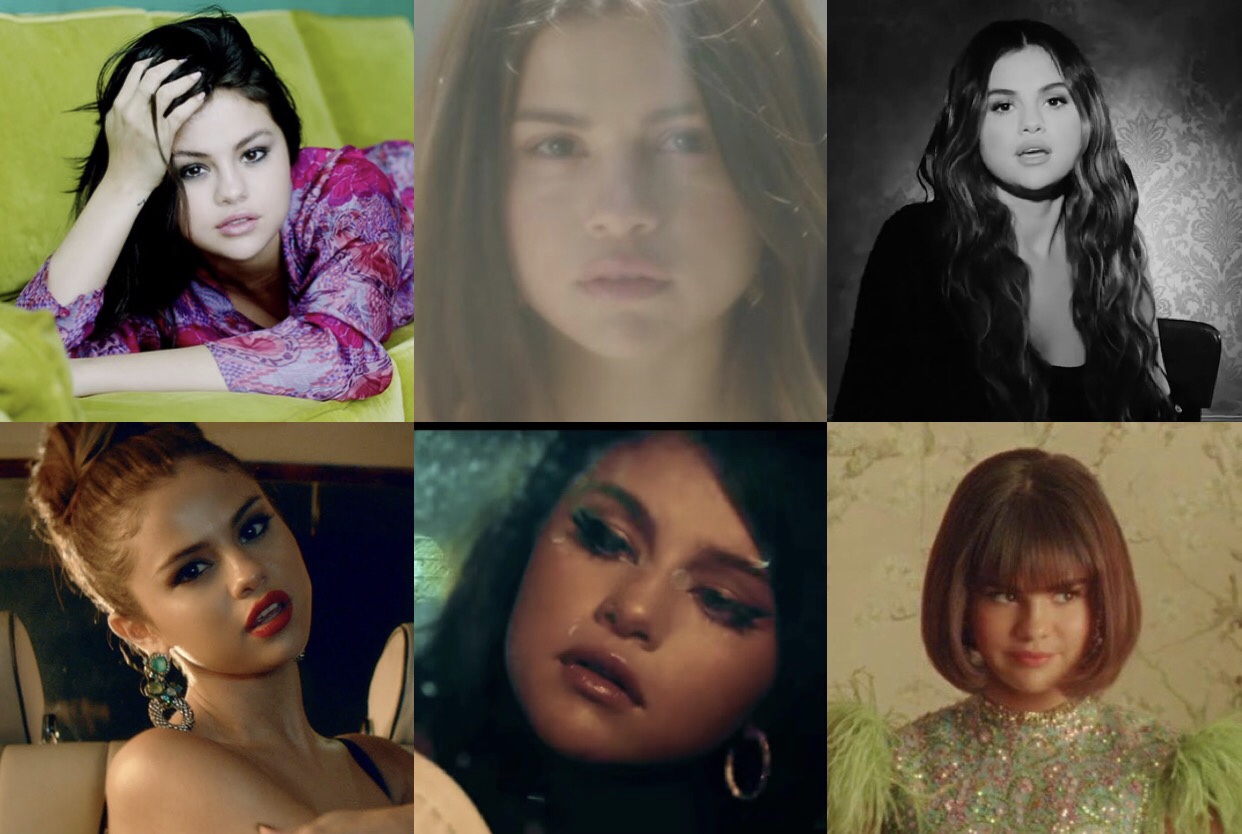Pitbull‘s signature call sign, “EEEEEEEYOOOOOO,” is now officially protected by the U.S. Patent and Trademark Office.
In a new article published by the New York University JIPEL, Pitbull and members of his team claim that “Eyo” is now the first call sign by a musical artist to be trademarked. Authors of the article explain the decision behind trademarking his signature yell – or grito, in Spanish – and why it’s stuck with audiences. “Eyo” was officially granted two trademark registrations by the USPTO on October 8th, 2019.
Pitbull and his team were inspired to trademark “Eyo” following the release of J Balvin‘s “Mi Gente” in June 2017. According to the article, Pitbull began to receive praise for what people thought was his guest appearance despite having nothing to do with the hit:
“The confusion results from a 2-3 second stretch of audio in ‘Mi Gente,'” the article reads. “First appearing at the 0:52 mark and repeated twice more on the track, ‘Mi Gente’ features an excited yell that bears a near-identical similarity to Pitbull’s grito. Some of Pitbull’s fans, conditioned over dozens of the star’s hits to associate that grito with the rapper’s music, incorrectly thought that Pitbull was featured on “Mi Gente.”
The article goes on to explain the significance of the call sign and how it’s helped build Pitbull as a global brand. “Eyo” is described as “a signal to listeners that Mr. Worldwide is about to rap a verse on another artist’s track.”
“Musicians face a challenge when they stray from their core genre,” the article reads. “Fans may altogether miss an artist in a song if it sounds unfamiliar to what they’re accustomed to hearing. Pitbull uses his grito as an innovative way to circumvent this problem. His grito announces that a song is a Pitbull song, even though the sound, style and language of the track may be unfamiliar to the listener.”
Authors point specifically to a couple of YouTube compilation videos of Pitbull yelling “Eyo!” in their argument for the call to be trademarked.
There are only about 250 active sensory trademark registrations in the US, according to the article, with 234 of those being sound trademarks. Of that 250, about 36 are familiar sounds (without words accompanying the sound).
The article concludes by proposing that Pitbull “has made trademark law a little bit louder” which his successful case. If true, then it’s possible we’ll see other major artists filing similar cases for their trademarks sounds and call signs.
Which artists ought to trademarks their call signs? Share your thoughts with us on Twitter at @PopCrave!




